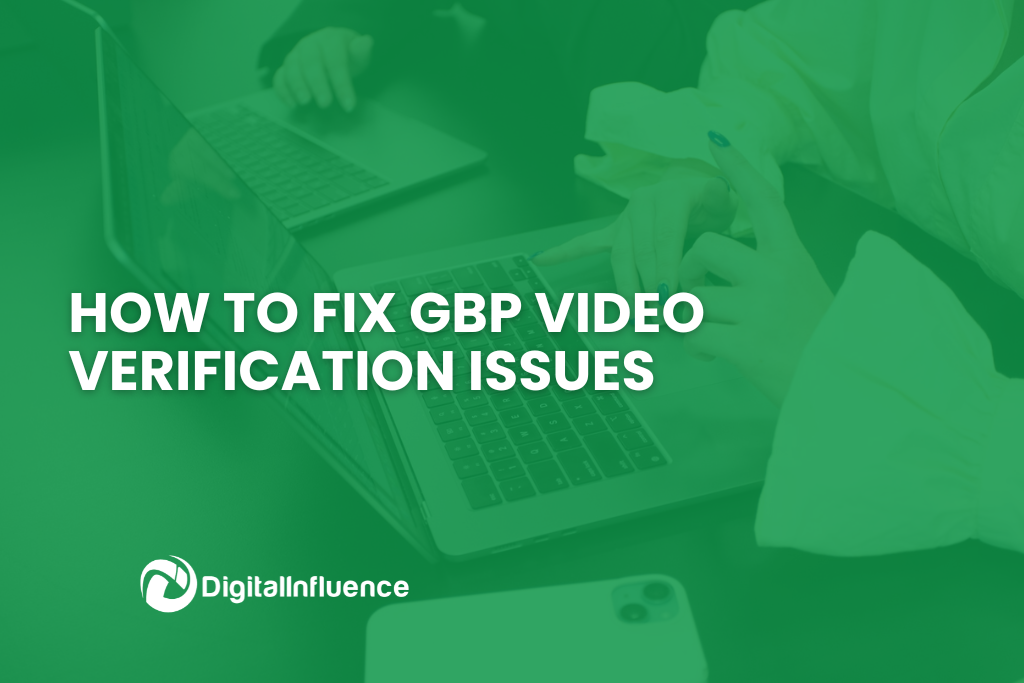Digital marketing is always changing, and 2024 is no different. Keeping up with the latest trends is essential for any business wanting to stay competitive. These new trends are shaping how we approach marketing and what strategies we’ll use in the future. By embracing these changes, businesses can continue to grow and thrive in a fast-evolving digital landscape.

Key Digital Marketing Trends of 2024
Several digital marketing trends have stood out in 2024. These trends are changing how businesses reach and engage with their audiences. Understanding these shifts helps in staying ahead.
One major trend is the increased use of video content. Videos are engaging and can convey complex messages quickly. Platforms like TikTok and YouTube are seeing more businesses creating videos to capture attention and share their brand stories. Live streaming has also become popular, allowing real-time interaction with audiences.
Social commerce is another key trend. More consumers are shopping directly through social media platforms like Instagram, Facebook, and Pinterest. These platforms have introduced features to make the buying process smoother. Businesses are now integrating social commerce into their strategies to boost sales.
Sustainability and social responsibility are also gaining importance. Consumers are more conscious about the impact of their purchases. Brands that showcase their commitment to sustainability and ethical practices are attracting more customers. Highlighting eco-friendly practices and social initiatives is becoming a marketing priority.
How AI and Automation are Transforming Marketing
Artificial intelligence (AI) and automation are revolutionising digital marketing. These technologies are making processes faster and more efficient.
AI helps in analysing large amounts of data quickly. It can identify patterns and trends that humans might miss. This data analysis allows businesses to create more targeted and effective marketing campaigns. Predictive analytics, powered by AI, helps anticipate customer needs and behaviours, allowing for better planning.
Automation is streamlining marketing tasks. Automated email campaigns, for example, can personalise messages based on customer behaviour. This not only saves time but also ensures that the right messages reach the right people at the right time. Chatbots are another example of automation in action. They provide instant responses to customer queries, improving user experience and freeing up human resources for more complex tasks.
These tools also improve personalisation. AI can segment audiences more precisely, ensuring that marketing efforts are directed where they will be most effective. This level of personalisation enhances customer satisfaction and engagement.
The Rising Importance of Personalisation and Customer Experience
Personalisation and customer experience are more important than ever. Customers expect tailored experiences that cater to their needs and preferences. By focusing on personalisation, businesses can build stronger connections with their audience.
Personalised marketing involves using data to tailor messages and offers to individual customers. This can include customised email campaigns, product recommendations based on past purchases, and personalised website experiences. When customers feel understood and valued, they are more likely to engage and return.
Improving customer experience goes hand-in-hand with personalisation. A smooth and satisfying journey keeps customers loyal. This means having intuitive website navigation, easy checkout processes, and excellent customer service. Collecting feedback and actively making improvements shows customers that their experience matters.
Businesses are also using chatbots to enhance customer service. These automated assistants provide instant responses, improving satisfaction. Personalised customer service, whether through AI or human interaction, ensures that customers feel valued and understood.
Predictions for Digital Marketing Strategies in 2025
Looking ahead to 2025, some emerging trends will likely shape digital marketing strategies. Understanding these predictions helps businesses prepare and stay ahead.
Voice search will become even more important. With the rise of smart speakers and voice-activated devices, optimising content for voice search is essential. Businesses will need to focus on conversational keywords and creating content that answers common questions.
Augmented reality (AR) is expected to grow in popularity. AR offers immersive experiences that engage customers in innovative ways. Brands can use AR for virtual try-ons, interactive ads, and enhanced retail experiences. This technology can make marketing more interactive and memorable.
Sustainability will continue to be a significant focus. Consumers are increasingly looking for brands that prioritise eco-friendly practices. Businesses can expect to see more demand for transparency and sustainability in their operations and marketing.
Data privacy will also be a major concern. With stricter regulations, companies must prioritise data protection. Transparent data practices and building trust with customers will be crucial for successful marketing.
Conclusion
Digital marketing is constantly changing, and keeping up with the trends is crucial for success. In 2024, we have seen significant changes driven by AI, personalisation, and shifting consumer expectations. These trends are not just passing fads but will continue to shape the future of digital marketing.
As we look ahead to 2025, businesses must focus on voice search, augmented reality, sustainability, and data privacy. By preparing for these changes, brands can position themselves for success and build stronger connections with their customers.
Ready to take your digital marketing to the next level? Contact us at Digital Influence to help your business dominate your market with proven direct response digital marketing strategies. Make sure your business stays ahead of the curve and thrives in the coming years.

.png)




